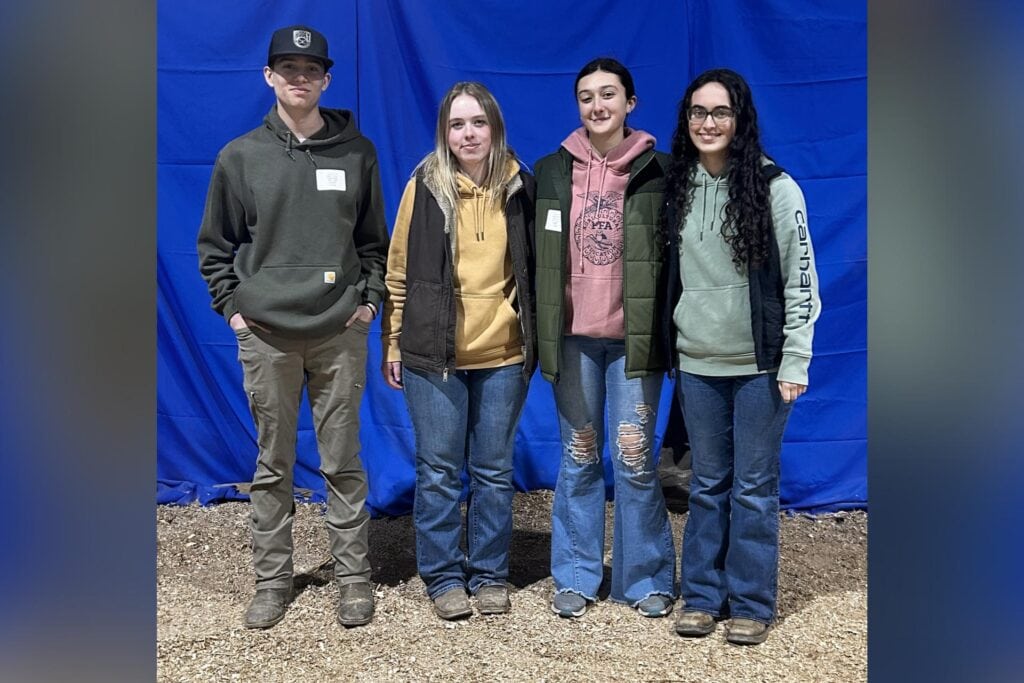MORGANTOWN, W.Va. — Improving shale energy productivity and reducing the environmental footprint of the natural gas industry are the goals of a West Virginia University partnership at a second Marcellus Shale Energy and Environmental Lab to be located in western Monongalia County.
WVU researchers from multidisciplinary departments, as well as undergraduate and graduate students, will use the advanced models they develop for this project, continuing to address complex technical, environmental and social issues surrounding unconventional energy development. The researchers will use best practices in environmentally responsible shale development as they undertake subsurface scientific investigations.
“We are continuing to pursue research, development, demonstration, deployment and education while building on the lessons and best practices we learned over the past three years at the Morgantown Industrial Park site,” said Timothy Carr, WVU’s Marshall Miller professor of geology, principal investigator and lab director. “We now want to optimize the same results by using more cost-efficient tools. We are eager to demonstrate this capability in order to promote best practices across the Marcellus.”
The consortium—WVU, the National Energy Technology Laboratory, Northeast Natural Energy and The Ohio State University—will focus on deploying lower cost technologies, testing the ability to provide the necessary level of performance to achieve comparable results. If successful, these technologies have the potential for widespread use in the field, which currently supplies nearly 30 percent of U.S. gas production.
Brian Anderson, director of the WVU Energy Institute, said this unique collaboration allows for minimizing environmental impacts while maximizing economic benefits in West Virginia and across the tri-state region.
“By forging creative partnerships like MSEEL, we are embracing the opportunities to build on our strengths and expand our impact in an evolving energy landscape,” Anderson said.













